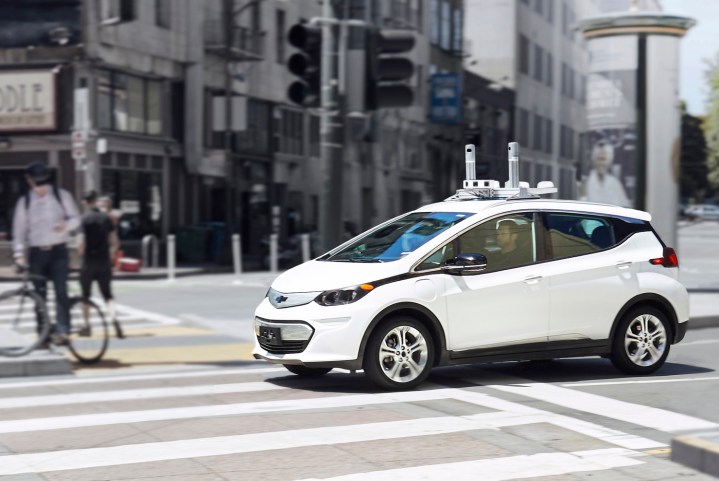
GM plans to add more than 1,100 jobs and invest $14 million in a new research facility in San Francisco for Cruise Automation. The autonomous-driving tech company plans to move into the new facility by the end of this year, and hire the 1,100 new employees within five years, according to a GM statement.
Cruise will repurpose an existing facility in San Francisco, which GM says will more than double its research and development space. The California Office of Business and Economic Development, known as Go-Biz is giving GM and Cruise an $8 million tax credit for the new facility.
GM and Cruise personnel are currently testing a fleet of automated Chevrolet Bolt EV electric cars on public streets in San Francisco, as well as Scottsdale, Arizona, and the Detroit metropolitan area. GM announced a major expansion of autonomous-car testing in its home city last year, after Michigan’s government approved new laws to encourage development of self-driving cars.
Unlike rival Ford, GM has not confirmed a timeline for the launch of a fully autonomous production car. But it may follow a similar strategy to Ford, which plans to use its self-driving car for ridesharing services only. GM already has a relationship with Lyft, and offers carsharing services through its own Maven brand in certain markets.
The use of self-driving cars in sharing services is considered more economically attractive than simply selling them to individual consumers. It also gives companies a greater degree of control over this new technology as it rolls out. But before autonomous ride sharing or car sharing can happen on a large scale, that technology must be perfected.


